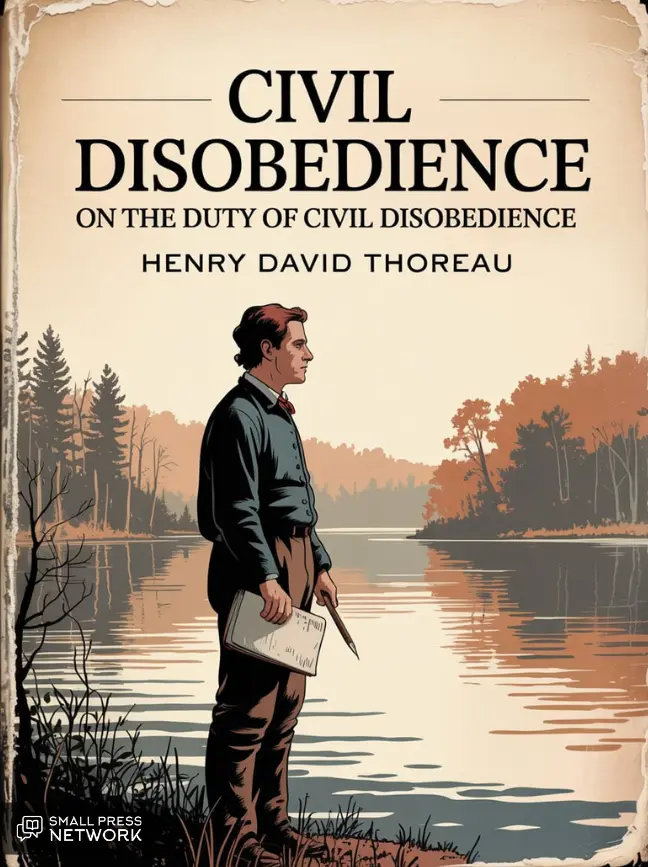1120
Chapter XII
From the time the law of Copernicus was discovered and proved, the mere recognition of the fact that it was not the sun but the earth that moves sufficed to destroy the whole cosmography of the ancients. By disproving that law it might have been possible to retain the old conception of the movements of the bodies, but without disproving it, it would seem impossible to continue studying the Ptolemaic worlds. But even after the discovery of the law of Copernicus the Ptolemaic worlds were still studied for a long time.
From the time the first person said and proved that the number of births or of crimes is subject to mathematical laws, and that this or that mode of government is determined by certain geographical and economic conditions, and that certain relations of population to soil produce migrations of peoples, the foundations on which history had been built were destroyed in their essence.
By refuting these new laws the former view of history might have been retained; but without refuting them it would seem impossible to continue studying historic events as the results of man’s free will. For if a certain mode of government was established or certain migrations of peoples took place in consequence of such and such geographic, ethnographic, or economic conditions, then the free will of those individuals who appear to us to have established that mode of government or occasioned the migrations can no longer be regarded as the cause.
And yet the former history continues to be studied side by side with the laws of statistics, geography, political economy, comparative philology, and geology, which directly contradict its assumptions.
The struggle between the old views and the new was long and stubbornly fought out in physical philosophy. Theology stood on guard for the old views and accused the new of violating revelation. But when truth conquered, theology established itself just as firmly on the new foundation.
Just as prolonged and stubborn is the struggle now proceeding between the old and the new conception of history, and theology in the same way stands on guard for the old view, and accuses the new view of subverting revelation.
In the one case as in the other, on both sides the struggle provokes passion and stifles truth.
On the one hand there is fear and regret for the loss of the whole edifice constructed through the ages, on the other is the passion for destruction.
To the men who fought against the rising truths of physical philosophy, it seemed that if they admitted that truth it would destroy faith in God, in the creation of the firmament, and in the miracle of Joshua the son of Nun. To the defenders of the laws of Copernicus and Newton, to Voltaire for example, it seemed that the laws of astronomy destroyed religion, and he utilized the law of gravitation as a weapon against religion.
Just so it now seems as if we have only to admit the law of inevitability, to destroy the conception of the soul, of good and evil, and all the institutions of state and church that have been built up on those conceptions.
So too, like Voltaire in his time, uninvited defenders of the law of inevitability today use that law as a weapon against religion, though the law of inevitability in history, like the law of Copernicus in astronomy, far from destroying, even strengthens the foundation on which the institutions of state and church are erected.
1121
As in the question of astronomy then, so in the question of history now, the whole difference of opinion is based on the recognition or nonrecognition of something absolute, serving as the measure of visible phenomena. In astronomy it was the immovability of the earth, in history it is the independence of personality—free will.
As with astronomy the difficulty of recognizing the motion of the earth lay in abandoning the immediate sensation of the earth’s fixity and of the motion of the planets, so in history the difficulty of recognizing the subjection of personality to the laws of space, time, and cause lies in renouncing the direct feeling of the independence of one’s own personality. But as in astronomy the new view said: “It is true that we do not feel the movement of the earth, but by admitting its immobility we arrive at absurdity, while by admitting its motion (which we do not feel) we arrive at laws,” so also in history the new view says: “It is true that we are not conscious of our dependence, but by admitting our free will we arrive at absurdity, while by admitting our dependence on the external world, on time, and on cause, we arrive at laws.”
In the first case it was necessary to renounce the consciousness of an unreal immobility in space and to recognize a motion we did not feel; in the present case it is similarly necessary to renounce a freedom that does not exist, and to recognize a dependence of which we are not
conscious.
THE END *************** I'm Julie, the woman who runs Global Grey – the website where this ebook was published. These are my own formatted editions, and I hope you enjoyed reading this particular one.
If you have this book because you bought it as part of a collection – thank you so much for your support.
If you downloaded it for free – please consider (if you haven’t already) making a small donation to help keep the site running.
If you bought this from Amazon or anywhere else, you have been ripped off by someone taking free ebooks from my site and selling them as their own. You should definitely get a refund :/ Thanks for reading this and I hope you visit the site again – new books are added regularly so you'll always find something of interest 🙂





